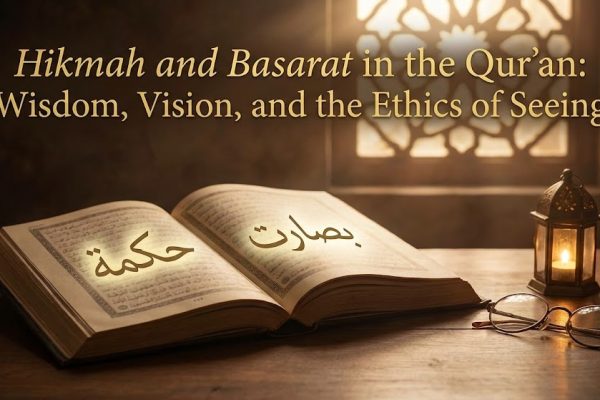
Creation of the Universe in the Qur’an and Modern Science: Understanding Rabb al-‘Ālamīn
An academic exploration of the creation of the universe through Qur’anic verses and modern scientific evidence, examining the Big Bang, cosmic order, human purpose, and the concept of Rabb al-‘Ālamīn while clearly distinguishing guidance from science.
















